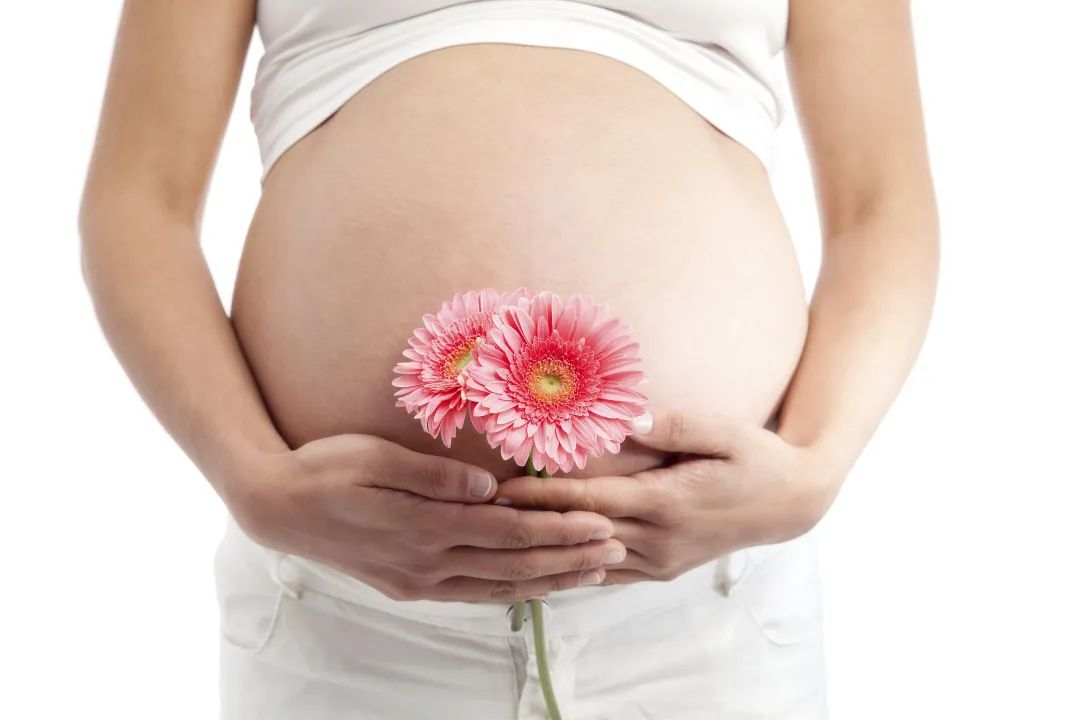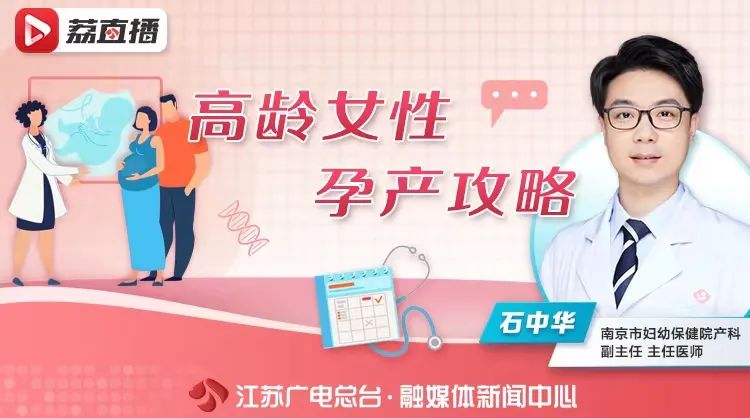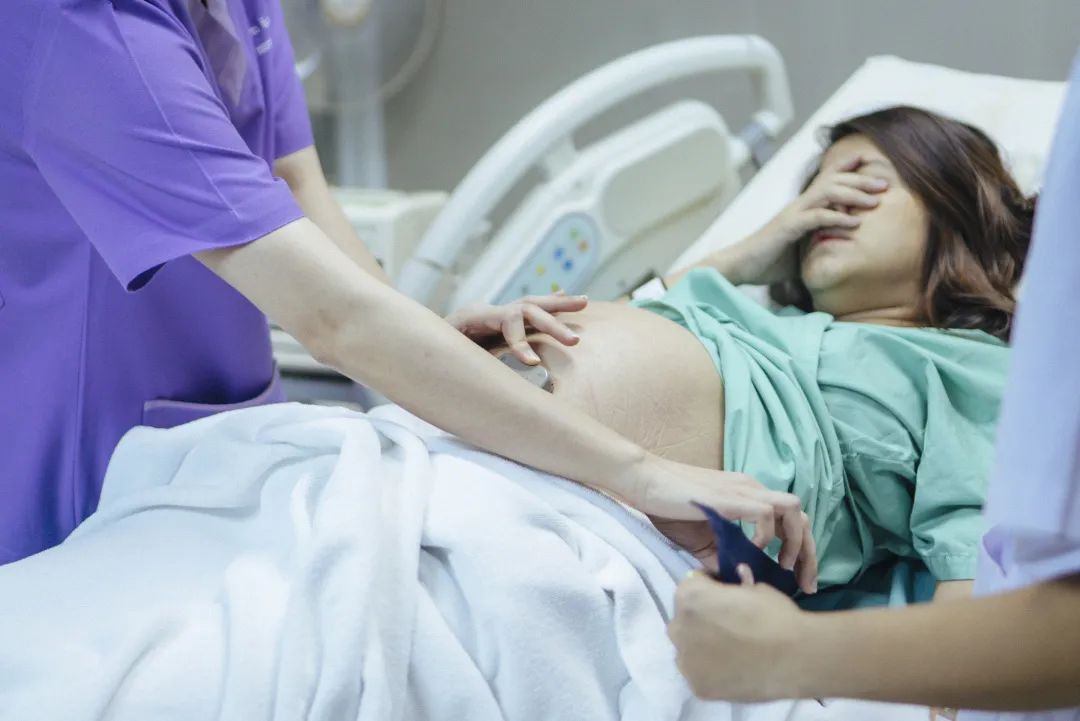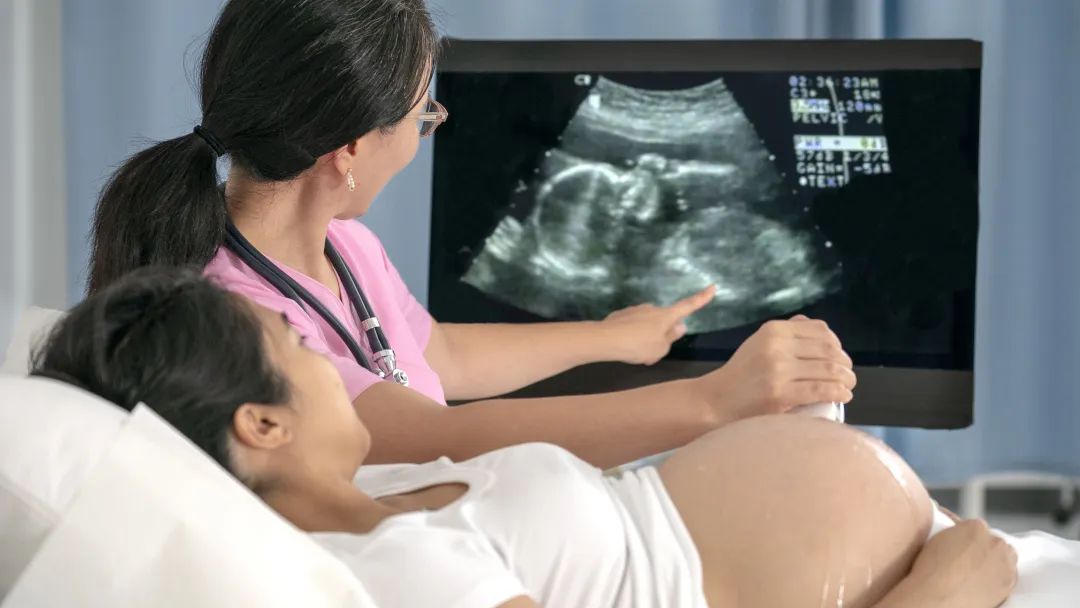Moms, don't miss these important pregnancy examinations!
Author:Jiangsu News Time:2022.06.17

With the release of fertility policies
Many families want to join the ranks of the second and third babies
Elderly women are also more and more

For senior expectant mothers, how can we bred a healthy baby? Recently, "Li Live · Famous Doctor Inverse" specially invited Shi Zhonghua, chief physician of the obstetrics and child health hospital of Nanjing Maternal and Child Health Hospital to answer questions online to give you a strategy for the most complete pregnancy.
Poke picture to see live broadcast release

Over 35 years old is an elderly mother!
The 23-year-old-30-year-old is the best age of women. At this time, physical and psychological development is mature, and it is the best time window for breeding new life. Women produced after the age of 35 are called elderly mothers. At this time, in addition to the risk of fetal chromosomal abnormalities, the probability of various pregnancy and complications of various pregnancy and complications will also increase. For example Immune diseases, abortion and premature birth.

A comprehensive physical examination before pregnancy!
After the age of 35, most of the body's functions began to go downhill, and pregnancy to production is a high consumption period. At this time, many potential problems of the body are easily appeared in advance, such as some metabolic diseases and immune diseases. Therefore, it is recommended that women over 35 years old must have a comprehensive physical examination before pregnancy, such as blood pressure, blood sugar, uterus and ovarian function, etc., to discover problems with the body in time, and targeted conditioning or treatment. In particular, it is necessary to remind that if there is a history of adverse pregnancy, both couples must conduct chromosome examination. Only by doing various inspections and evaluations before pregnancy can various risks minimize.

The medical examination requirements in the middle of pregnancy are higher!
For junior pregnant mothers, more detailed pregnancy examination is more detailed than young pregnant mothers. In addition to the regular check -up, do not miss the following inspections.
NT examination
At 11-13+6 weeks of pregnancy, check the thickness of the rear neck of the fetus through the ultrasound. If the thickness is greater than 2.5mm, the probability of the fetal abnormalities and abnormal structural abnormalities in the fetus is increased. The risk is high, and further prenatal diagnosis is required, such as amniotic fluid puncture.
Non -invasive DNA or amniotic fluid puncture examination
Even if the NT examination in the early pregnancy shows normal, it is recommended to perform non-invasive DNA or amniotic fluid puncture examinations in the second trimester (16-18 weeks of pregnancy) to further clarify whether the fetal chromosome is abnormal.
Ultrasonography
Three -dimensional ultrasound examination is performed at 20-24 weeks of pregnancy. By observing the morphological development of the fetus, deformed conditions such as psychological diseases, cleft lip and palate, and abnormal limbs.
OGTT test (oral glucose tolerance test)
Take oral glucose tolerance tests at 24-28 weeks of pregnancy and complete gestational diabetes screening. If blood sugar is found abnormal, it is necessary to strictly control the diet and exercise appropriately.
Fetal heart ultrasound examination
Even if the fetal three-dimensional ultrasonic examination shows normal, it is still recommended to have a fetal heart ultrasound examination at 26-28 weeks of pregnancy, especially more than 40 years old.

The fetal is not bigger and better!
Many people think that the bigger the fetus, the better, and it will be better after birth. Director Shi Zhonghua said that this is not the case. Excessive fetus is not a good thing. It will not only bring risks to the production of pregnant women. In the future, the probability of children's metabolic diseases will also greatly increase. It is recommended that expectant mothers eat reasonably, exercise in moderation, and control the weight of themselves and the fetus within a reasonable range.
How to relieve edema in the third trimester?
Most pregnant women in the third trimester cannot go around the problem of edema. Director Shi Zhonghua said that the edema of pregnant women is divided into physiological edema and pathological edema. Physiological edema is mainly caused by increasing the fetal vein or pregnant women's anemia. As long as the lifestyle is improved, it can be greatly relieved. Pathological edema is mainly caused by hypertension or kidney disease, and targeted treatment is required in time to relieve symptoms.
Reporter of Jiangsu Radio and Television Rong Media News Center/Zhu Dan

Shooting/ Shao Yicheng
Edit/Zhu Dan Yuanyuan
© Jiangsu News
focus on
- END -
\"5.29\" Inner Mongolia: Promote a new type of wedding and education, enhance the family

In order to celebrate the 42nd anniversary of the establishment of the China Fami...
Give your child a birthday, should you pass the "solar calendar" or the "lunar calendar"?Don't tangled after reading the answer

Birthday is a special meaningful day for everyone. For children, birthdays are the...